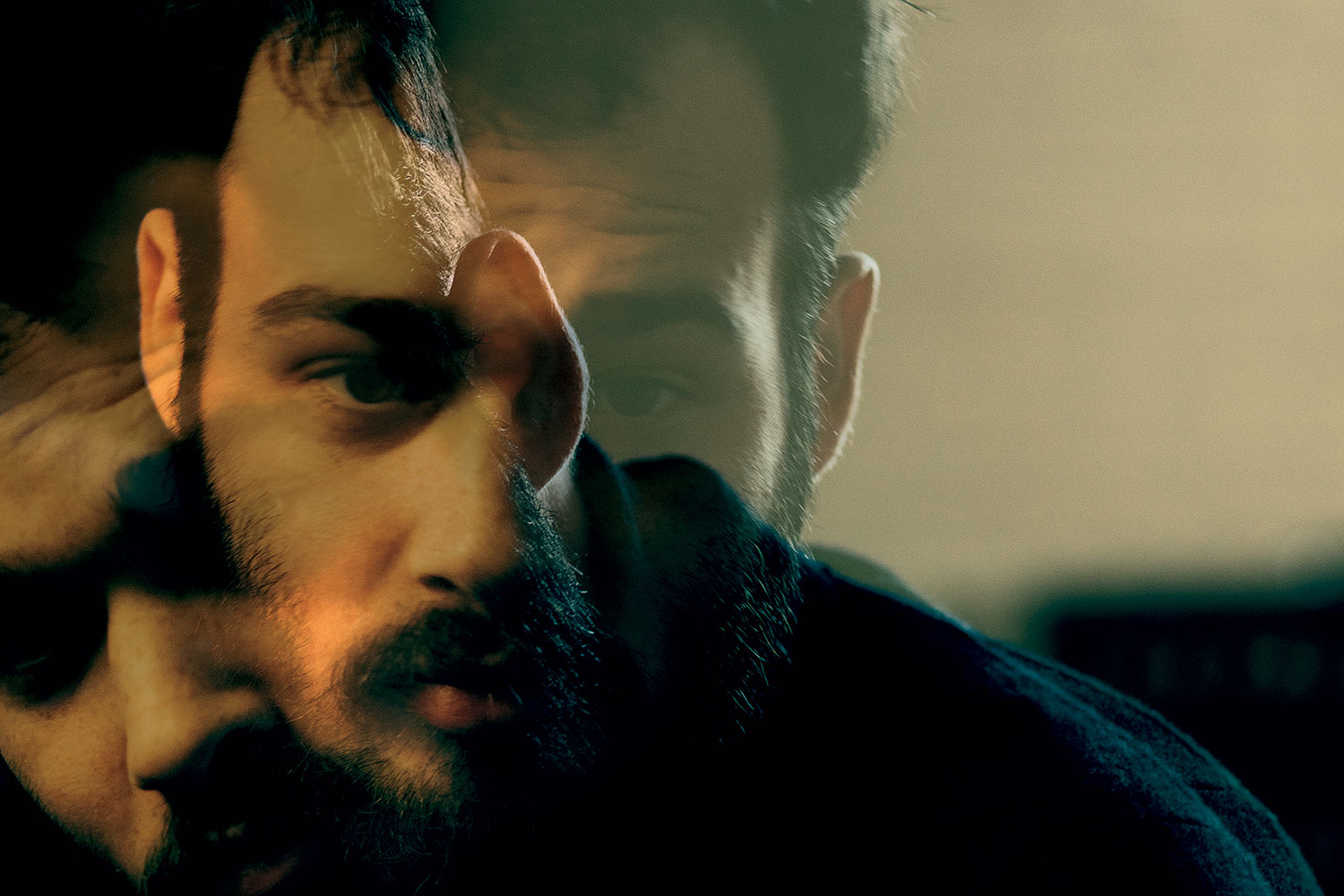Even if you don’t know Nico Segal by name, you’ve probably heard his trumpet. Maybe it was on the rapper DRAM’s deep cut “$” or Ed Sheeran’s “Barcelona.” Most likely, though, it was from Chance the Rapper’s onetime backing band, the Social Experiment.
Segal, 25, was one of the most idiosyncratic benefactors of the meteoric rise of SaveMoney, the Chicago hip-hop crew that also includes Chance. Initially, the Whitney Young alumnus performed as Donnie Trumpet, and that name got top billing on the Social Experiment’s critically praised 2015 neosoul album Surf, featuring Chance on nine of the 16 tracks. The two played off each other particularly well, Segal’s lyrical, strident style mirroring Chance’s tongue-twisting theatricality. And Segal relished being part of an ensemble. “I’d do production and all this stuff on the record, but when we went on tour, I’d just be playing this trumpet,” he says.

In late 2016, two days after the presidential election, Segal retired the Donnie Trumpet moniker, offering this explanation on social media: “What began as a joke, a silly play on words, is not funny anymore. I don’t want to be connected to Trump’s hateful tone or his hurtful message.”
But the change was also a sign of Segal’s maturing as an artist. He has since been pushing into other styles, most notably with Exchange, the jazz fusion album he made with his current band, the JuJu Exchange. Now he’s taking on the deconstructive world of new music. This month, the JuJu Exchange will debut a genre-busting oratorio, Price of Peace, as part of the new-music ensemble Fulcrum Point’s Peace in Chicago concert. The work runs through choral music, juke, rap, spoken-word poetry, classical, and jazz, all in the service of reflecting on the knotty cultural (and political) history of Chicago.
“We’re not answering questions,” Segal says of the oratorio, “we’re raising the questions. It’s about the same thing as listening to different styles of music, really. Listening is a muscle, and listening to things that you haven’t heard at first can be awkward. But if you’re open to it, you’re influenced by it, whether you like it or not. And it makes you smarter, better, and more critical.”

Beyond the Fulcrum Point show, Segal’s primary focus is on the next JuJu Exchange album. “It’s super introspective,” notes the band’s pianist, Julian Reid, “but we’re still not sure where it’s gonna go.” Segal’s got plenty of other balls in the air, too: He’s considering an offer to score a film, and he’s working on a project with a new band that will be “more Prince or Stevie Wonder than John Coltrane and Bill Evans.” Segal is also eager to unpack aspects of his musical identity he’s only hinted at so far, like those related to his Cuban heritage. At the Near West Side’s Merit School of Music, where he studied while in elementary school, he played in the Latin jazz band, and some of his first paid gigs were in salsa groups.
Most of all, Segal, who had been living in Los Angeles since 2013, seems invigorated by his recent move back to Chicago. He wants to buy a house, he says, so he can add a studio to record more freely. “I totally blame this city and the scene here for all my crazy, sporadic musical thoughts.”
Details:Peace in Chicago Dec. 19. Loop. Harris Theater. 7:30 p.m. $15–$30. harristheaterchicago.org



